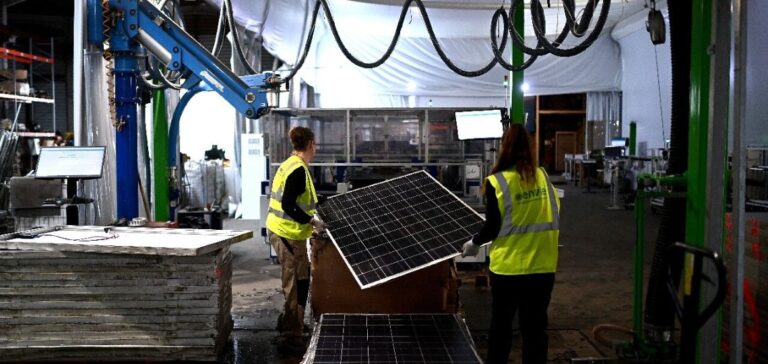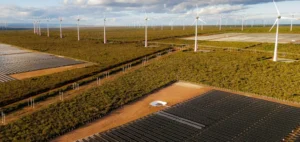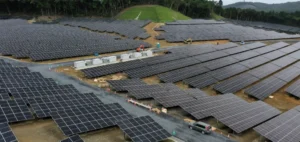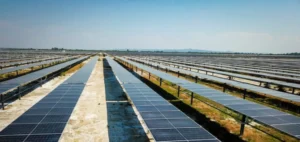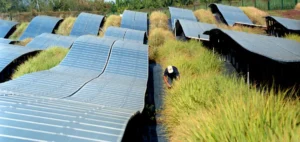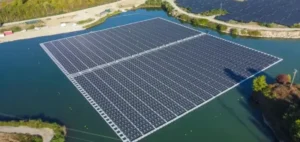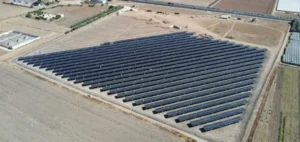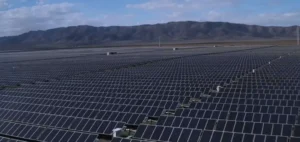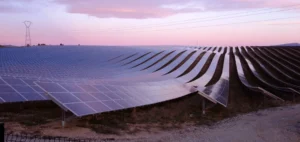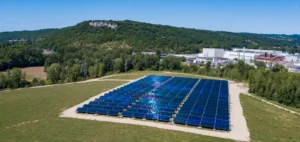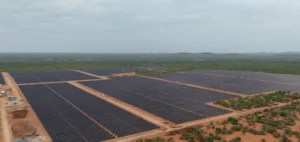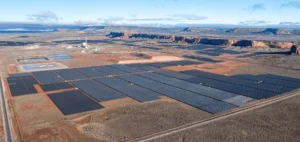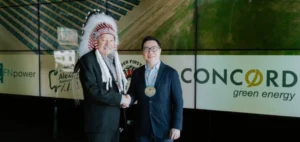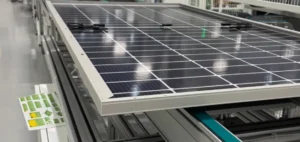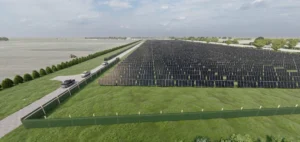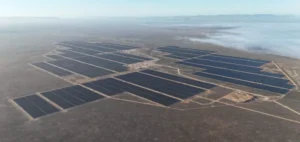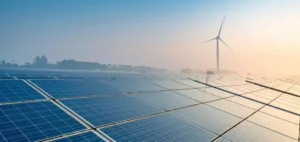The solar panel recycling market is booming, responding to the rise in solar installations and new regulatory requirements. In 2024, the market size is estimated at 187.7 million USD, rising to 626 million USD by 2033. This growth is fueled by the need to manage the toxic materials in end-of-life solar panels, such as silicon and cadmium.
Recycling Technologies and Methods
The mechanical segment will dominate the market in 2024, by physically dismantling panels to recover materials. The laser and thermal segments are also expanding, in response to demand for high-purity silicon. These methods improve recycling efficiency, reduce costs and respond to regulatory pressures.
The growth in solar panel sales calls for efficient recycling methods to minimize health risks, reduce the cost of new panels and create jobs. Global regulations and the high cost of landfill sites are encouraging the adoption of recycling practices. Governments are supporting solar projects and the legalization of recycling processes, creating opportunities for market expansion.
Industry Regulations and Initiatives
Europe, with a market share of 34.1% in 2024, will lead the solar panel recycling market. Large-scale solar farm installations and strict regulations are driving this growth. Asia-Pacific, and China in particular, looks set for rapid growth thanks to significant R&D investment and technological innovation.
Global regulations and high landfill costs favor the adoption of recycling practices, with governments supporting solar projects and legalizing recycling processes. The mono-crystalline panel segment is expected to generate the most revenue in 2024 due to its durability and efficiency, while thin-film panels should grow rapidly with performance improvements.
Market challenges and opportunities
The solar panel recycling market faces challenges such as high initial investment and limited recycling infrastructure. However, the increase in solar installations is generating a large volume of end-of-life panels, offering a lucrative opportunity for the market.
Partnerships between government agencies, industry players and research institutions promote knowledge sharing, infrastructure development and investment in the solar panel recycling ecosystem. Innovative recycling technologies, such as robotized sorting and chemical processes, improve efficiency and reduce costs, attracting investment and stimulating market growth.
The solar panel recycling market is booming, driven by technological advances, industrial collaboration and stringent regulations. Future growth will depend on the adoption of circular economy principles, increased awareness and investment in R&D to improve recycling processes.


